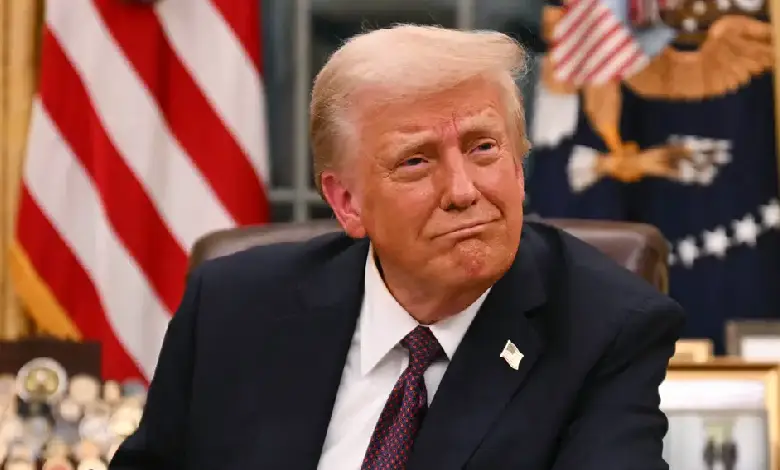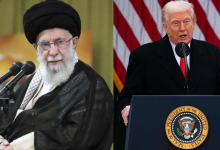U.S. Court Halts Trump’s ‘Liberation Day’ Tariffs, Citing Presidential Overreach

A federal trade court in Manhattan, New York, has struck down President Donald Trump’s “Liberation Day” tariffs, ruling that he exceeded his legal authority by imposing broad import duties without congressional approval. The decision, handed down on Wednesday by a three-judge panel at the U.S. Court of International Trade, marks a significant setback for Trump’s trade policy, which aimed to address trade imbalances with a 10% tariff on imports from nearly all U.S. trading partners, alongside higher rates for countries with significant trade surpluses, such as China.
The court’s ruling came in response to lawsuits filed by a coalition of 13 U.S. states, led by Oregon Attorney General Dan Rayfield, and the Liberty Justice Center, representing five small U.S. businesses that import goods from affected countries. The plaintiffs argued that Trump’s use of the 1977 International Emergency Economic Powers Act (IEEPA) to justify the tariffs was invalid, as the law does not grant the president authority to impose such widespread duties. The court agreed, stating that the Constitution reserves the power to regulate international commerce for Congress, and that IEEPA does not provide the president with “unbounded tariff authority.”
Trump’s administration declared the tariffs on April 2, framing the U.S. trade deficit as a national emergency necessitating immediate action. The policy, dubbed “Liberation Day,” led to a 10% baseline tariff on imports, with steeper duties of up to 50% on nations like China, which maintain large trade surpluses with the U.S. The tariffs triggered significant market disruptions, prompting legal challenges that culminated in Wednesday’s ruling.
The Trump administration swiftly filed an appeal, questioning the court’s authority. The case is expected to move to the U.S. Court of Appeals for the Federal Circuit in Washington, D.C., and could potentially reach the U.S. Supreme Court. The ruling does not impact other Trump-imposed tariffs, such as those on steel, aluminum, and automobiles, which rely on Section 232 of the Trade Expansion Act of 1962 for national security purposes.
Oregon’s Attorney General Rayfield hailed the decision, calling the tariffs “unlawful, reckless, and economically devastating.” The ruling introduces uncertainty for U.S. importers and global trade partners, with some experts predicting a surge in imports, particularly at U.S. borders with Canada and Mexico, as businesses capitalize on the temporary suspension of the duties.




